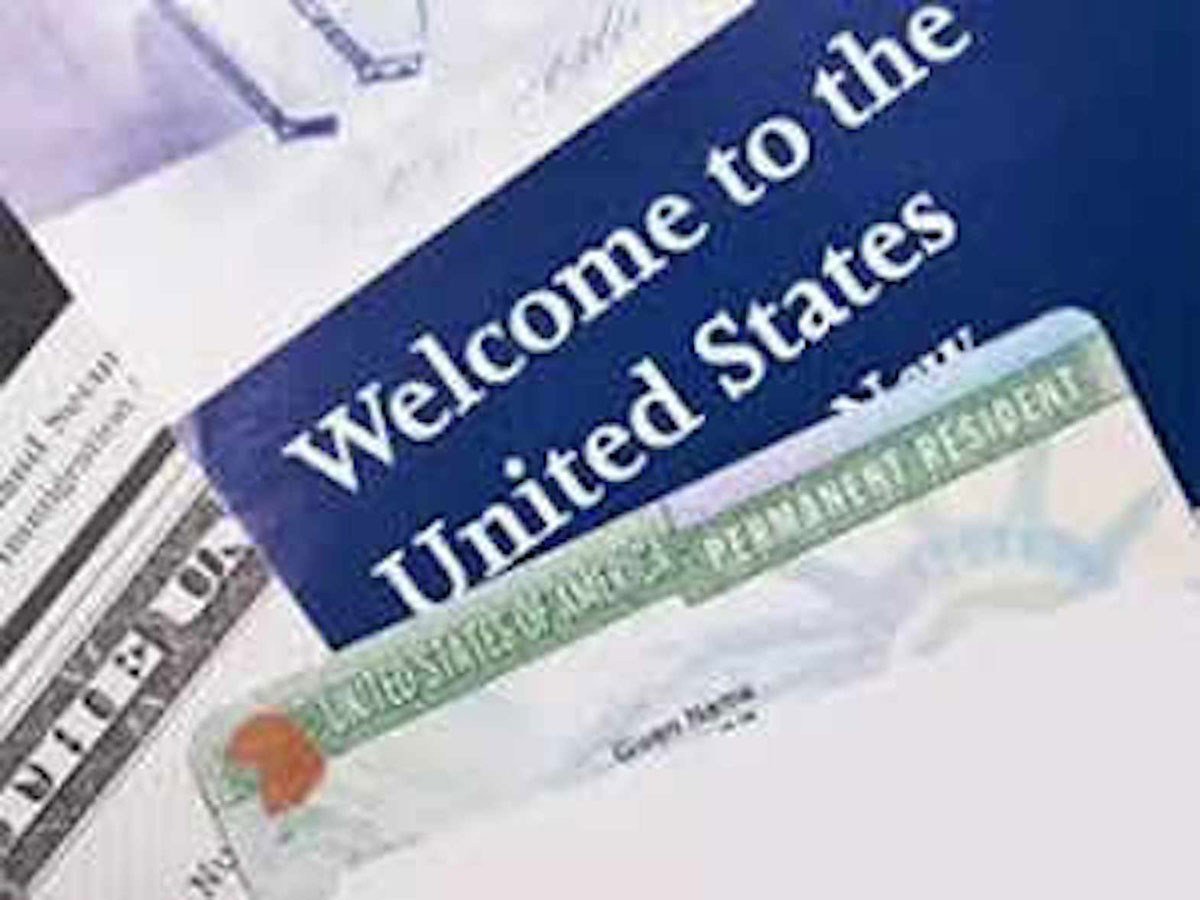H-1B visa: How new reforms will impact Filipino professionals

FILE PHOTO
WASHINGTON – The US government’s recent overhaul of the H-1B visa program marks a transformative step for US businesses and international professionals, including Filipinos seeking opportunities abroad.
The updated program strengthens the US economy by streamlining processes, expanding opportunities and fostering global talent integration.
Key H-1B reforms
Expanded definitions of specialty occupations
The updated rules broaden the criteria for what constitutes a specialty occupation, enabling a wider range of roles to qualify for H-1B visas.
This change allows businesses across various industries to attract top-tier international talent, spurring innovation and competitiveness.
Clarified criteria for nonprofit and governmental research organizations
By defining these entities based on their “fundamental activity” in research, the reforms remove previous ambiguities.
Qualifying organizations can now sponsor H-1B visas year-round without being subject to annual caps, ensuring a continuous flow of skilled professionals essential for research and development.
Enhanced pathways for international students
The reforms extend the Optional Practical Training (OPT) period for F-1 students transitioning to H-1B status, providing uninterrupted employment authorization.
This ensures that US-educated international students can smoothly integrate into the workforce, contributing their expertise to the economy.
Support for entrepreneurial ventures
Provisions for startup founders and entrepreneurs under the H-1B framework highlight the vital role of immigrant entrepreneurs in economic growth.
These initiatives encourage the establishment of innovative startups, fostering job creation and technological advancements.
New opportunities for Filipino professionals
The updated H-1B visa program offers significant benefits for Filipino professionals intending to migrate to the United States.
The broadened definitions of specialty occupations open new doors for skilled workers in sectors like technology, healthcare and engineering.
Additionally, the streamlined application process reduces administrative hurdles, making it easier for Filipinos to pursue fulfilling careers abroad.
These reforms also empower entrepreneurial Filipinos by providing clearer pathways to establish and expand businesses in the US, thereby enriching the Filipino American business community.
Advantages for US employers hiring Filipino talent
For US employers, these reforms present an opportunity to tap into the wealth of skills offered by Filipino professionals.
With expanded talent pools and reduced visa processing times, American companies can address skill shortages efficiently while benefiting from the global perspective and expertise that Filipino professionals bring.
This synergy not only strengthens businesses but also enhances innovation and competitiveness in key industries.
H-1B reforms: Implications for US businesses
Access to a broader talent pool
The expansion of specialty occupation definitions and cap exemptions allows businesses to recruit highly skilled professionals more efficiently, addressing critical skill shortages in sectors like technology, healthcare and engineering.
Operational continuity and growth
The ability to hire international talent without constraints of annual caps or prolonged processing times ensures businesses can maintain momentum in their projects.
Enhanced innovation and competitiveness
Attracting global expertise enables US companies to drive innovation, improve product development and maintain a competitive edge internationally.
Benefits for international professionals
Streamlined application processes
Clarified eligibility criteria and reduced administrative burdens make the H-1B application process more transparent and accessible for qualified candidates.
Career advancement opportunities
The reforms provide international professionals with greater opportunities to contribute to leading industries in the US, facilitating professional growth and development.
Support for entrepreneurial aspirations
International entrepreneurs now have a clearer pathway to establish and grow their businesses in the US, enriching the country’s dynamic startup ecosystem.
In conclusion, the modernization of the H-1B visa program demonstrates the United States’ commitment to fostering economic growth, innovation and global collaboration.
By aligning immigration policies with evolving labor market needs, these reforms not only strengthen US industries but also provide Filipino professionals and other global talent with a platform to thrive, creating a win-win situation for all stakeholders involved.
Atty. Arnedo S. Valera is the executive director of the Global Migrant Heritage Foundation and managing attorney at the Law Offices Valera & Associate, a US immigration and anti-discrimination law firm for more than 32 years. He holds a master’s degree in International Affairs and International Law and Human Rights from Columbia University in New York and had training in international law at the International Institute of Human Rights in Strasbourg in France. He obtained a Bachelor of Laws from Ateneo de Manila University.
You may like: How Trump’s mass deportation plan will impact undocumented Filipinos

